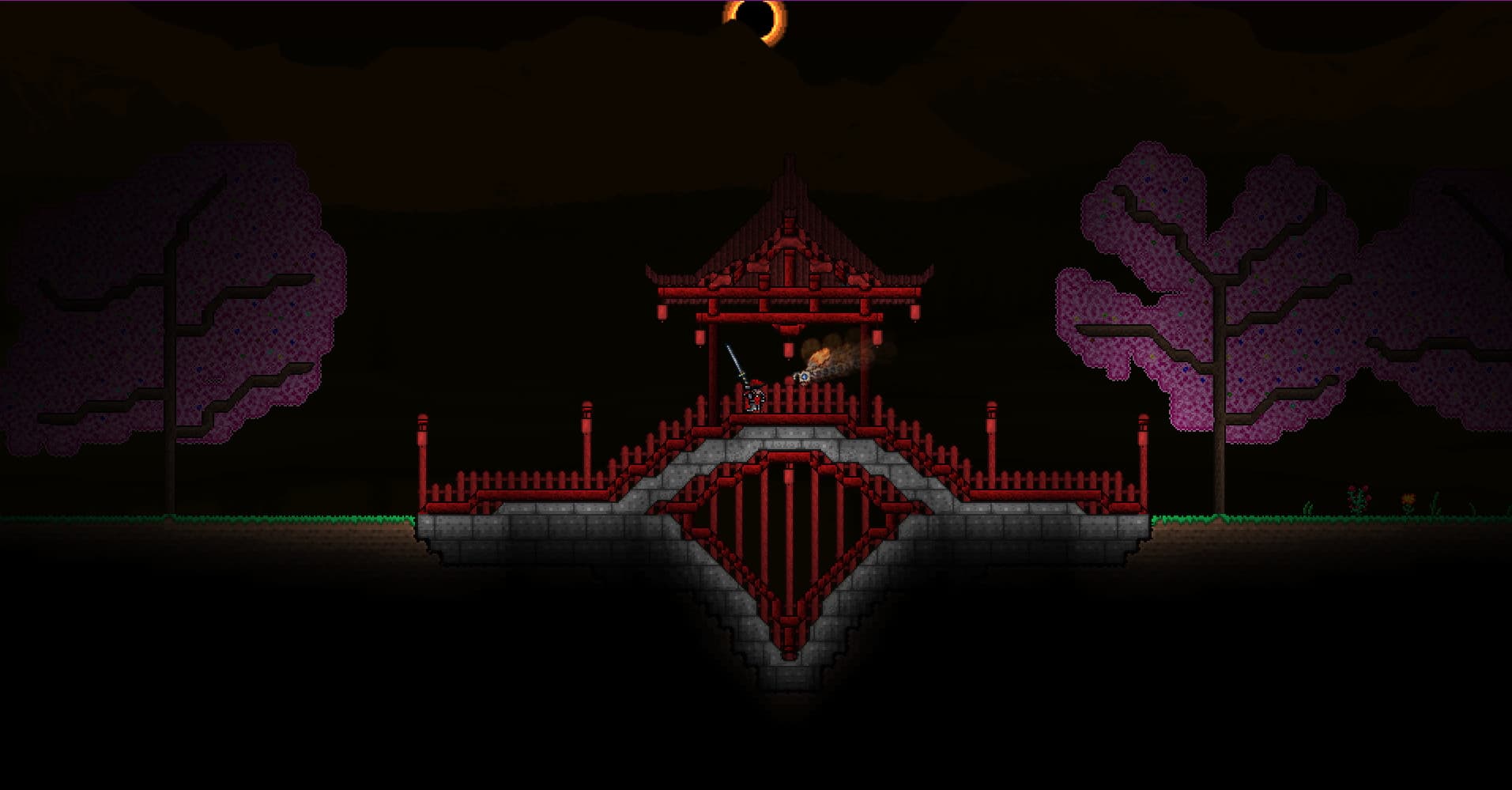
 Christopher R. RiceDec 26, 2023
Christopher R. RiceDec 26, 2023Gaming communities and culture are an expansive and intricate part of the digital age, representing a significant shift in how people interact, socialize, and form identities. From online forums to massive multiplayer online games (MMOGs), the landscape of gaming communities is as diverse as it is dynamic, reflecting a broad spectrum of interests, backgrounds, and experiences.
The Evolution of Gaming Communities
Gaming communities have evolved alongside the technological advancements in gaming. In the early days of gaming, communities formed around arcades and local gaming events. With the advent of the internet and the proliferation of home consoles and PCs, these communities migrated online, leading to the formation of forums, social media groups, and dedicated online gaming platforms.
Online Multiplayer and MMOGs
One of the most significant developments in gaming communities has been the rise of online multiplayer games and MMOGs. Titles like "World of Warcraft," "League of Legends," and "Fortnite" have become virtual worlds where millions of players interact, compete, and collaborate. These games have their own cultures, economies, and social norms, often blurring the lines between virtual and real-world interactions.
Social Interaction and Networking
Gaming communities have redefined social interaction and networking in the digital age. They provide a platform for people to connect over shared interests, often leading to deep and lasting friendships. For many, these communities are a source of social support, offering a sense of belonging and identity. They can be particularly important for individuals who feel marginalized or isolated in their physical environments.
Streaming and Content Creation
The rise of streaming platforms like Twitch and YouTube has been pivotal in shaping gaming culture. Streamers and content creators have become celebrities within gaming communities, influencing trends and fostering a culture of celebrity and fandom. Streaming has also democratized content creation, allowing anyone with a passion for gaming to share their experiences and build their own communities.
Cultural Influence and Representation
Gaming communities influence and reflect broader cultural trends. The narratives, characters, and themes in games often intersect with real-world issues like politics, identity, and social justice. This intersection can lead to meaningful discussions and activism within gaming communities. However, there has also been controversy, particularly around issues of representation and inclusivity in games and the gaming community.
Impact on Identity Formation
For many, especially younger individuals, gaming communities play a significant role in identity formation. These communities provide a space for self-expression and exploration. In games, players can experiment with different aspects of their identity in a safe and controlled environment, which can be empowering for those exploring their gender, sexuality, or personal values.
Economic Impact and Esports
Gaming communities have a significant economic impact. They drive the success of games and gaming platforms through consumer spending on games, in-game purchases, and subscriptions. The growth of esports, where gaming communities gather to watch professional players compete, has further expanded this economic impact, creating a vibrant ecosystem of players, sponsors, and event organizers.
Educational and Therapeutic Potential
Gaming communities have educational and therapeutic potential. Educational games can harness the power of community to enhance learning and engagement. Therapeutically, gaming communities can offer support for mental health issues, providing a space for individuals to connect and share experiences. The collaborative and problem-solving nature of many games can also be harnessed for educational and therapeutic purposes.
Challenges and Controversies
Despite the positive aspects, gaming communities face challenges and controversies. Issues like online harassment, toxicity, and addiction are significant concerns. The anonymity and distance provided by the internet can sometimes lead to negative behavior, which requires ongoing management and moderation by community leaders and game developers.
Final Thoughts
Looking to the future, gaming communities are likely to become even more integrated into our daily lives. The rise of virtual and augmented reality technologies could create even more immersive and interactive community experiences. As AI and machine learning technologies advance, they could further personalize and enhance the gaming experience, tailoring it to individual preferences and fostering deeper community engagement.
In conclusion, gaming communities and culture represent a complex and evolving aspect of modern life. They provide spaces for socialization, identity formation, and cultural expression, influencing and being influenced by broader societal trends. While they present challenges, they also offer opportunities for connection, learning, and personal growth. As technology continues to advance and gaming becomes increasingly integrated into our lives, these communities will undoubtedly continue to evolve, shaping and reflecting the changing landscape of digital interaction and culture.

Play on Haptic
Try for free


